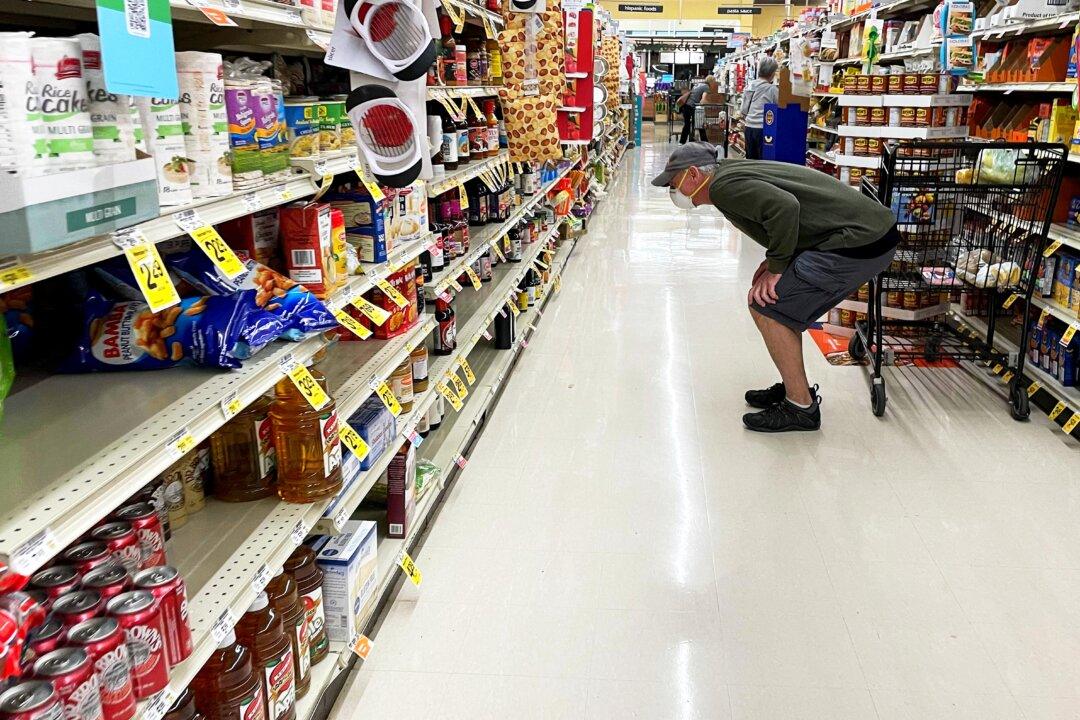The U.S. economy will not return to inflation levels seen prior to the COVID-19 pandemic, according to expert Jim Bianco.
The founder of Bianco Research made the comments during an interview with Real Vision’s Andreas Steno Larsen on July 29.

The U.S. economy will not return to inflation levels seen prior to the COVID-19 pandemic, according to expert Jim Bianco.